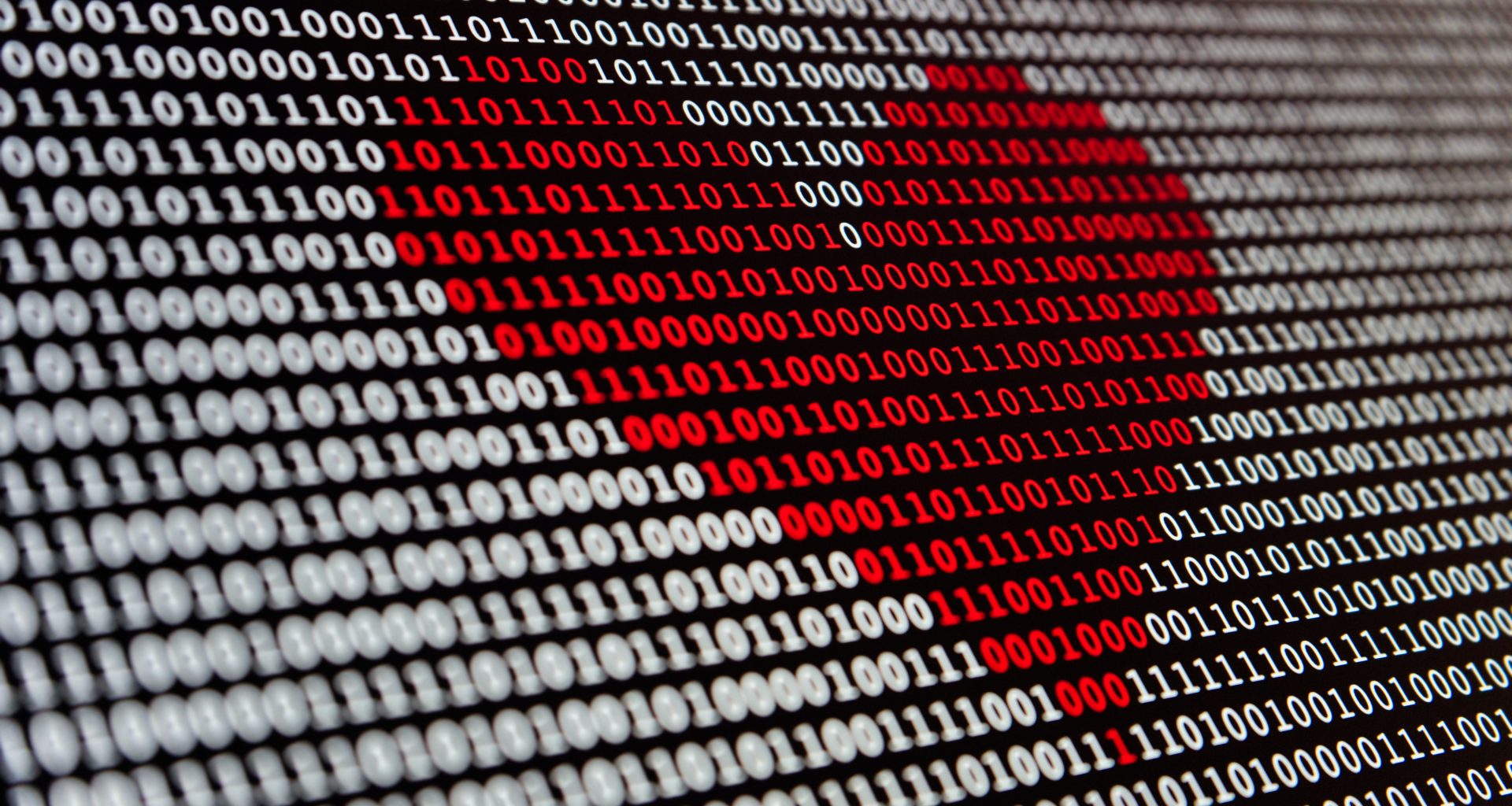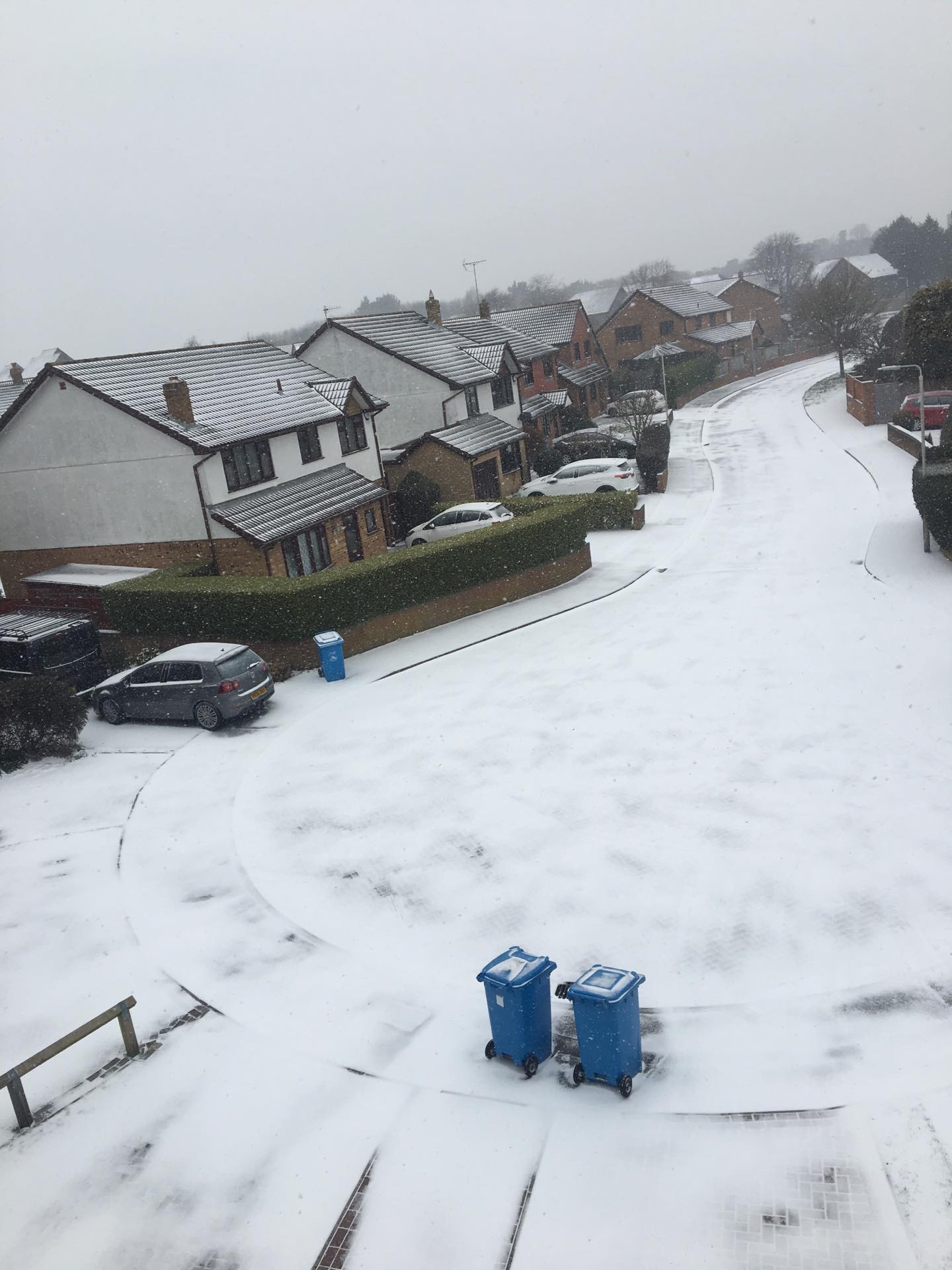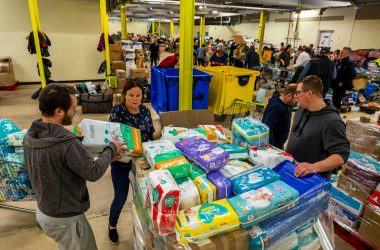Are long gone the timid whispers and blushes, replaced by texts, emojis & hushes? The language of love has transformed it seems into memes, gifs and pixelated dreams. But amidst the virtual bliss and curated gloss still lurks the fear of deception, an uncertain shadow of catfish and pretense.
In this brave new world, the search for love has become vast. In the middle of digital triumphs, profiles and conversations, where memories are built to last, words on screen carry hope, there are challenges testing these vibrant sparks. The days of meeting someone for the first time by happenstance or through a friend’s introduction are long gone. The possibilities for romance have expanded thanks to online dating, which enables people to contact possible mates outside of their immediate environs. People may cast a broader net with dating apps and websites, looking through a diverse pool of potential partners who share their goals, beliefs, and interests. The virtual world has developed into a portal for people to come into contact with others they may not have otherwise met, providing a huge array of opportunities in the pursuit of love.
With their ease of use and large user populations, dating apps have fostered a culture of fast pleasure and shallow evaluations. Users make split-second judgements based on looks and little pieces of information as they quickly swipe through profiles. In this fast-paced setting, physical beauty or clever one-liners may eclipse the depth of a person’s character and the substance of their spirit. Love, once a complex dance of discovery and connection, has been reduced to a simple transactional procedure in which individuals are judged and rejected based on a cursory examination.
In order to genuinely comprehend and connect with another person on a fundamental level, it might be difficult to translate the delicacy of tone, body language, and personal presence. The constraints of digital communication often overshadow the art of meaningful discussion and emotional openness, which are so important in creating true friendships.
Online dating site and app income failed to surpass $2 billion from 2015 to 2017. Revenue reached $2.38 billion in 2018, but it continued to rise until it astonishingly reached $5.61 billion in 2021. In 2022, over 366 million people worldwide used dating apps to meet people seeking for connections.
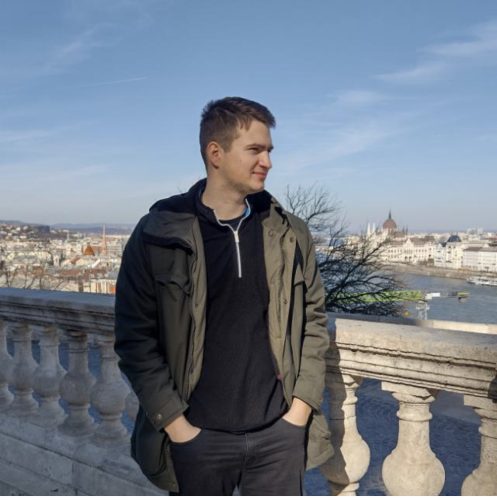
Having used dating apps like Tinder and Bumble in the past, Stefan Naprta initially found them to be enjoyable experiences. However, the excitement faded as the matches dwindled within a few days, possibly influenced by the algorithm at play. While he acknowledges that these platforms may have been more effective a few years ago, he has heard from others that the experience has changed.
He believes that dating apps lack the ability to provide a genuine and accurate portrayal of the people one interacts with. Naprta encountered situations where individuals he met on dating apps turned out to be completely different when met in real life, whether it be in terms of physical appearance or personality. He expresses the difficulty of truly understanding someone’s personality through text-based interactions alone. He thinks online dating is making people less confident in the social environment.
According to a recent study, the frequency of dating app use is positively correlated with the presence of anxiety and depressive symptoms. The study provides more context for our interactions with social media platforms and online dating services, which are becoming more and more associated with negative mental health consequences.
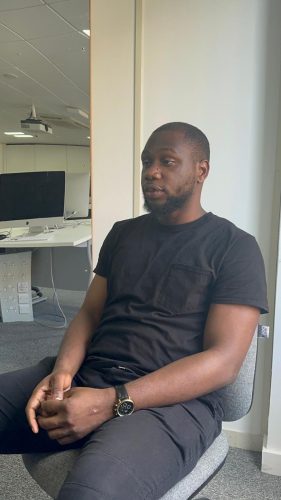
Ayodeji Daniel Imode shares his personal experience of meeting their current partner and a past relationship through dating apps. Imode acknowledges that dating apps can lead to meaningful connections, but also observe that many users are seeking attention or something casual, which may not align with those seeking something more meaningful. He suggests that finding something meaningful is often easier through in-person interactions. Imode highlight the challenges of finding like-minded individuals on dating apps, where the majority may not be actively seeking long-term relationships. He also mentioned the common experience of initially hitting it off with someone, only to see the conversation fade over time, which complicates the search for a meaningful connection. Imode believes that dating app interactions often begin with a focus on attention-seeking, due to the emphasis on socially validating profile building.
In the realm of modern romance, there are those like Muhammad Mohsin Kamal, who maintain an old-school mindset, believing in the beauty of allowing love to unfold organically. To Kamal, the idea of relying on dating apps feels inorganic, a departure from the natural flow of attraction and connection. He holds steadfast to the belief that if a romantic encounter is meant to be, it will manifest in due course, guided by the hand of destiny. While recognising that dating apps have proven successful for many, he respectfully acknowledges that these platforms are not aligned with their own personal approach to finding love.
While intended to simplify the process, have inadvertently complicated the journey of building meaningful relationships. Kamal holds that the ease and accessibility of these platforms have opened the door to a myriad of challenges, such as encountering fake profiles, which can ultimately lead to a disconnect between the digital persona and the actual person when meeting in person.
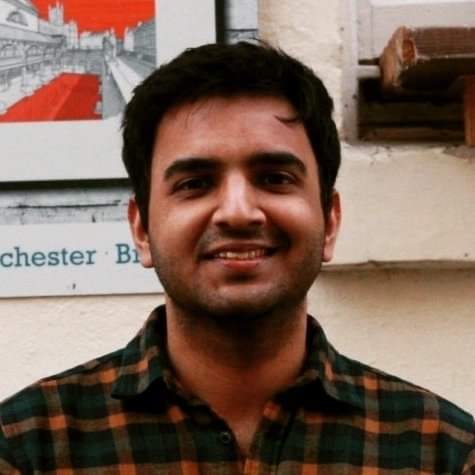
From this viewpoint, dating apps have introduced complexities into the process of forming genuine connections. When one of his uncles met his life partner online. Whispers echoed through the family, highlighting the stigma attached to online dating and how it was perceived as a “bad thing.” However, over time, attitudes shifted, and the couple became more integrated into the family. This transformation serves as a reflection of the changing societal landscape, where the stigma surrounding dating app culture is gradually dissipating.
Ultimately, each person has the ability to regain the authenticity of love in the digital era. We may move beyond the superficiality and find meaningful connections based on emotional depth, honesty, and trust by using dating apps with purpose, sincerity, and a commitment to build real connections.





